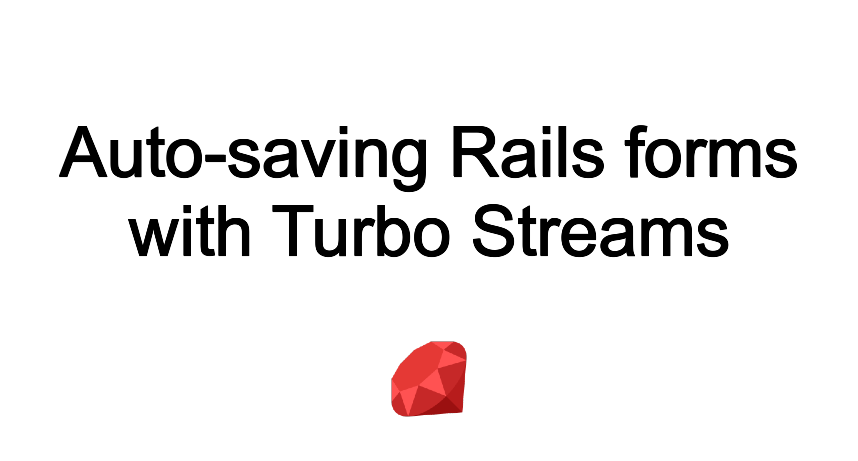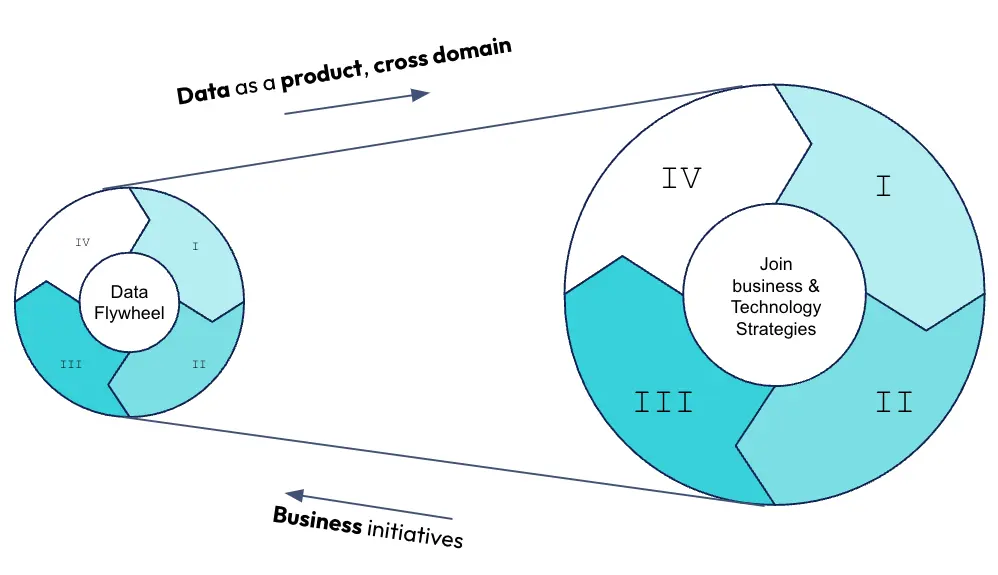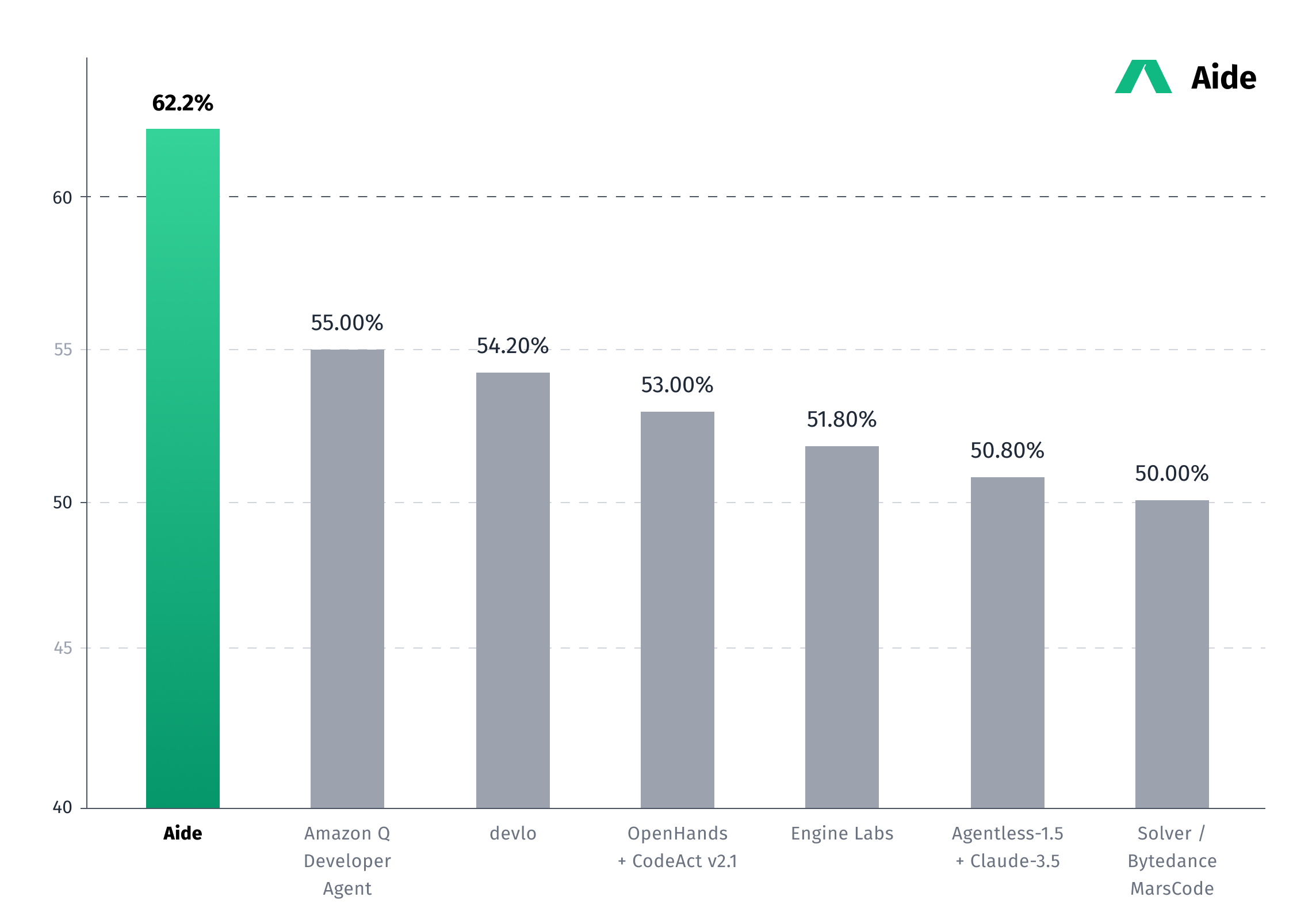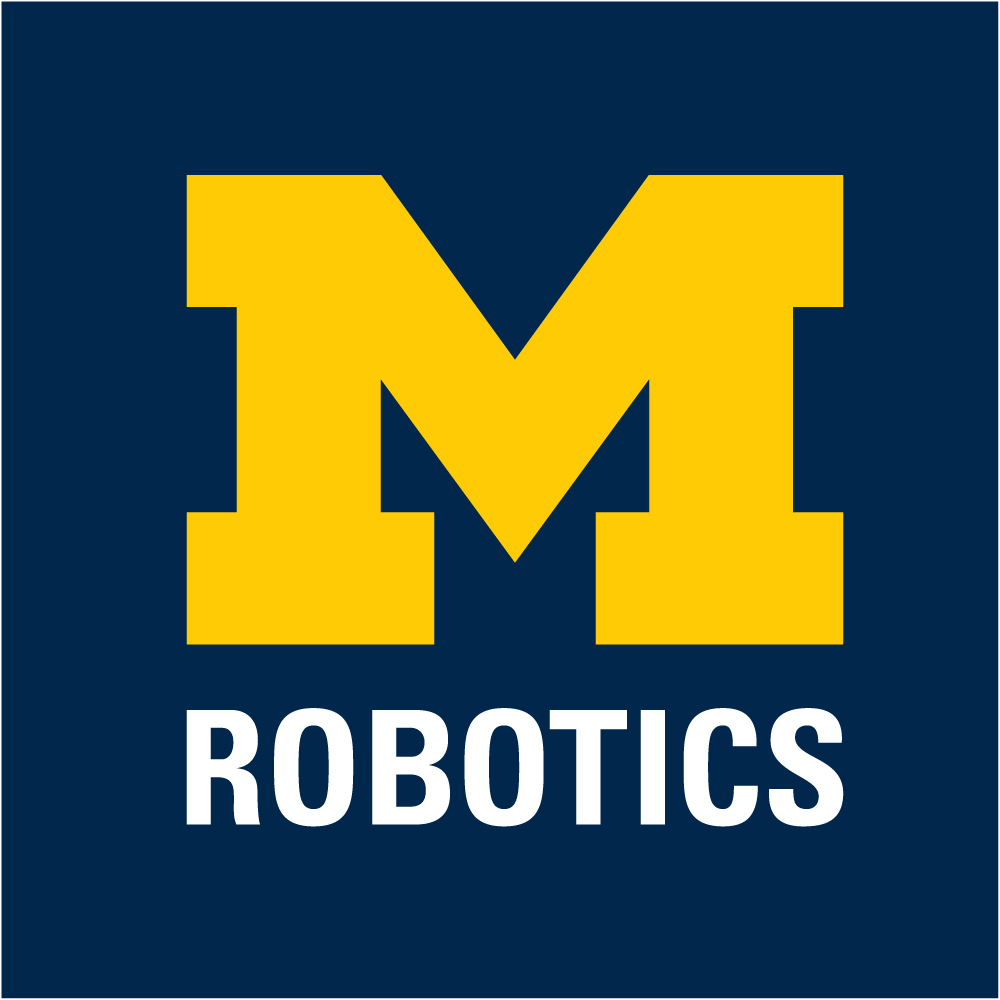LeetCode Grind: A Job Search Failure Story
A cloud engineer, laid off after Weaveworks' bankruptcy, focused heavily on LeetCode preparation, neglecting crucial skills like distributed systems, Kubernetes internals, and system architecture. This led to poor interview performance. He learned that practical skills and problem-solving abilities are more valuable than algorithm proficiency alone; LeetCode grinding isn't a guaranteed path to employment.
















